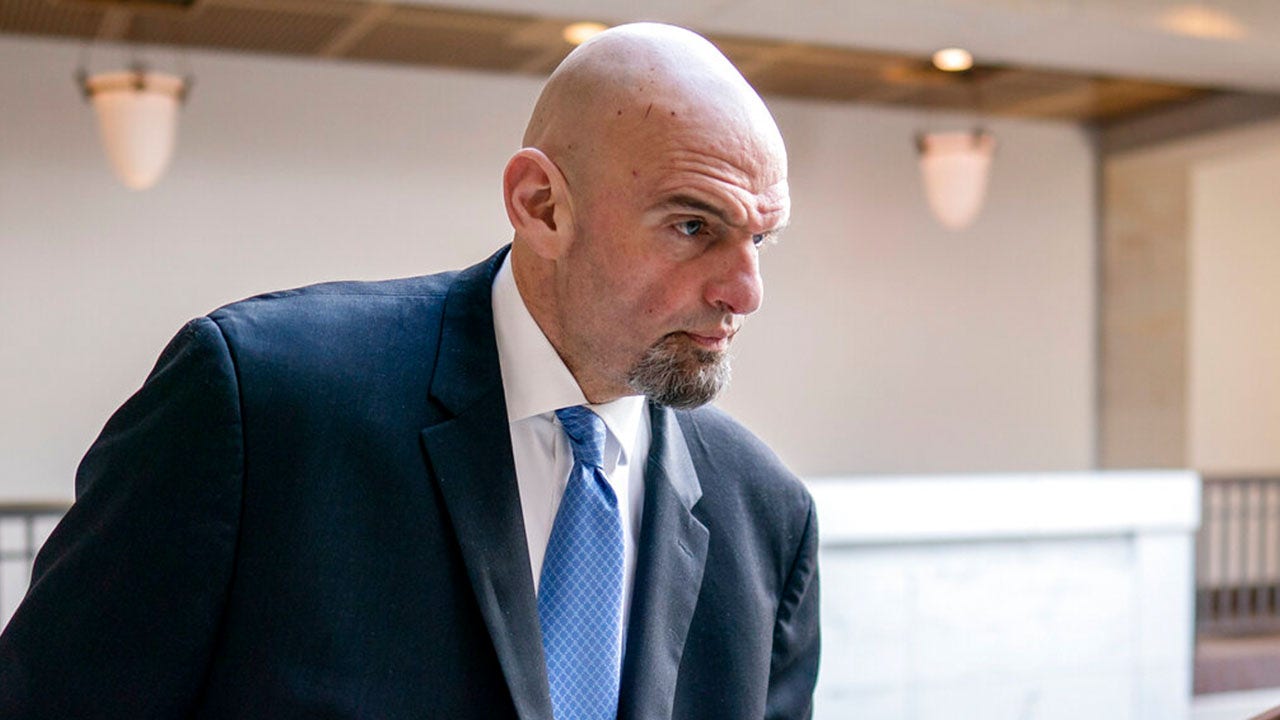Beyond Vaccines: What RFK Jr. Should Prioritize for Real Health Reform

Robert F. Kennedy Jr.'s presidential campaign has been largely defined by his vocal skepticism of vaccines. While vaccine safety is a legitimate concern for some, many in the medical community worry that this focus is diverting attention and resources from other, arguably more significant, drivers of the alarming rise in chronic diseases plaguing the nation.
Dr. Eric Burnett, an internal medicine physician at a prestigious New York academic medical center and a prominent health communicator, recently highlighted this concern, stating that RFK Jr.’s focus will be “at the expense of other things that are very, very, very, very much contributing to the ‘chronic disease epidemic.’” Burnett’s words underscore a critical point: a genuine commitment to improving public health demands a more holistic approach.
The Chronic Disease Crisis: A Multifaceted Problem
The United States faces a severe chronic disease crisis. Heart disease, type 2 diabetes, obesity, cancer, and autoimmune disorders are all on the rise, impacting millions of lives and placing an enormous strain on the healthcare system. Attributing this crisis to a single factor—like vaccines—is a gross oversimplification.
What RFK Jr. Should Be Focusing On
If RFK Jr. were truly dedicated to addressing the root causes of chronic disease, here are some areas he should prioritize:
- Environmental Toxins: Exposure to pollutants in our air, water, and food is a well-established contributor to chronic illness. Addressing industrial pollution, pesticide use, and the presence of harmful chemicals in consumer products is crucial.
- Nutrition and Diet: The modern American diet, characterized by processed foods, added sugars, and unhealthy fats, is a major driver of obesity, diabetes, and heart disease. Promoting healthy eating habits and supporting sustainable agriculture should be a priority.
- Socioeconomic Disparities: Poverty, lack of access to healthcare, and food insecurity all contribute to poorer health outcomes. Addressing these systemic inequalities is essential for creating a healthier society.
- Stress and Mental Health: Chronic stress and mental health conditions can significantly impact physical health. Investing in mental health services and promoting stress-reduction techniques is vital.
- Sleep Deprivation: Increasingly, research is linking inadequate sleep to a range of chronic illnesses. Public health campaigns promoting healthy sleep habits could have a significant impact.
Beyond Vaccines: A Broader Perspective
While vaccine safety is important, it shouldn't be the sole focus of public health efforts. A truly effective strategy requires a comprehensive approach that addresses the complex interplay of factors contributing to chronic disease. RFK Jr.’s platform would be far more impactful if it embraced this broader perspective, addressing the environmental, nutritional, socioeconomic, and lifestyle factors that are demonstrably harming the health of Americans.
Dr. Burnett’s critique is a valuable reminder that tackling the chronic disease epidemic requires more than just a singular focus. It demands a commitment to evidence-based policies and a willingness to address the root causes of illness, rather than simply treating the symptoms.






